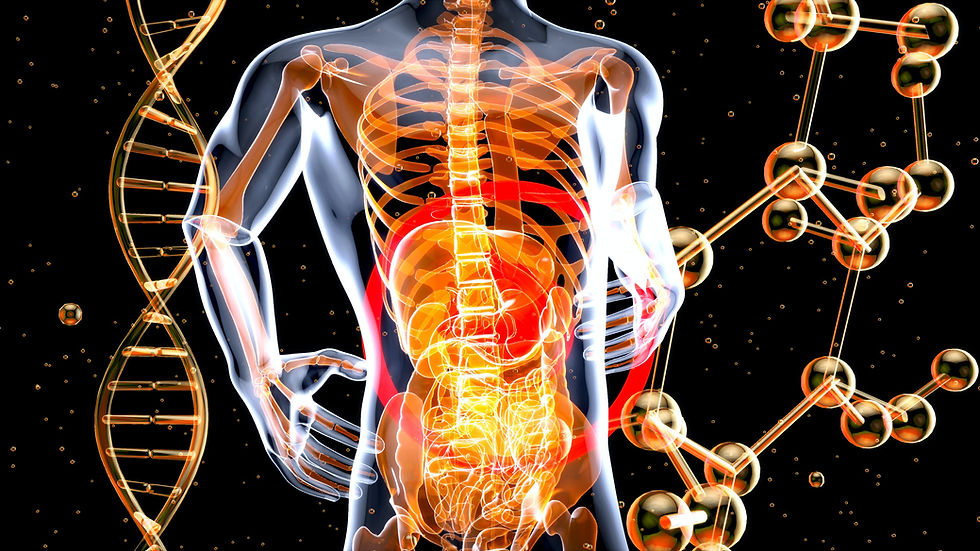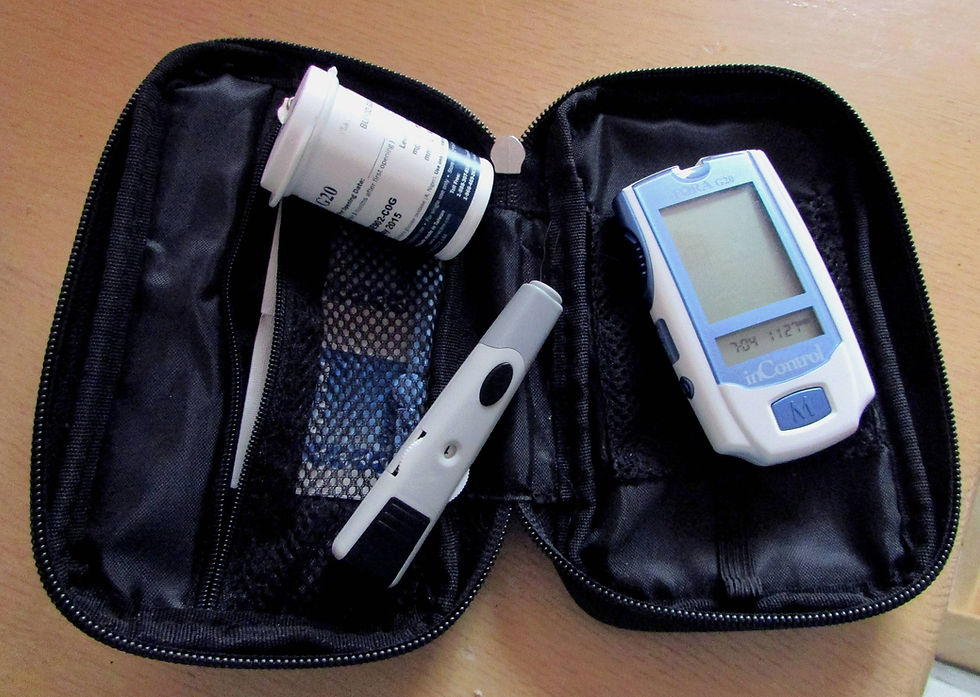What Are Probiotics?
- Live Free Holistic Living
- May 3, 2023
- 3 min read
Updated: Nov 16, 2024
Probiotics are live bacteria and yeasts that are good for your health, especially your digestive system. They are often called “good” or “friendly” bacteria because they help keep your gut healthy.
Probiotics can help balance the friendly bacteria in your digestive system. If you have an imbalance of good and bad bacteria in your gut, it can lead to digestive problems such as bloating, diarrhea, and constipation.

How do Probiotics work?
They colonize your gut to crowd out the harmful bacteria. This in turn protects your gut from harmful pathogens. They also help boost your immunity by gently stimulating the immune system.

What are some benefits of having probiotics?
Probiotics have been linked to a wide range of health benefits. These include benefits for weight loss, digestive health, immune function and more.
Research has shown that taking probiotics may help improve symptoms of mental health disorders such as depression, anxiety, stress and memory, among others.
Probiotics can also be beneficial for both adults and kids. If your child has an illness that requires antibiotic medication for treatment, taking a probiotic can help shorten symptoms.

How do I know if I need probiotics?
Probiotics are generally safe for most people. However, if you have a weakened immune system or an illness that requires hospitalization, you may want to talk to your doctor before taking probiotics.
Here are some signs that may suggest that your body may benefit from probiotics:
Digestive issues: If you frequently experience bloating, gas, constipation, diarrhea, or other digestive problems, this may indicate an imbalance in your gut bacteria, which probiotics can help regulate.
Frequent infections: If you often get sick with colds, flu, or other infections, it may indicate a weakened immune system, which can be improved by the addition of beneficial bacteria through probiotics.
Skin problems: Acne, eczema, and other skin conditions may be a sign of inflammation in the body, which can be reduced by probiotics.
Mood disorders: Depression and anxiety may be linked to an imbalance in gut bacteria, which probiotics may help to address.
Antibiotic use: Antibiotics can kill off both harmful and beneficial bacteria in the gut, which can lead to digestive problems and other health issues. Taking probiotics after a course of antibiotics can help restore a healthy balance of gut bacteria.
Chronic fatigue: Fatigue that doesn't improve with rest or sleep may be a sign of chronic inflammation or other underlying health issues that can be improved with probiotics.
Allergies or asthma: These conditions may be linked to an imbalance in gut bacteria, and probiotics may help reduce symptoms and improve overall health.
It's worth noting that these symptoms can have many different causes, and probiotics may not be the solution for everyone. If you're experiencing persistent symptoms, it's important to talk to a healthcare provider to get a proper diagnosis and treatment plan.
Please leave a comment below and let us know if you have taken spirulina and what method you prefer!
Powder form, tablets, or liquid?
help peopl.....................................................................................................................
Thank you for reading! If you found this article helpful, we’d love to stay connected with you. Join our free newsletter to receive conscious health and detox tips, articles, and resources delivered straight to your inbox. Let us help you take the next steps on your wellness journey! Click here to sign up: Join Our Newsletter.
you're looking to lose weight, improve your energy, or heal from a specific condition, personalized support can make all the difference. Click the link below to schedule a free health consultation with me, and let’s start your transformation together.



Comments